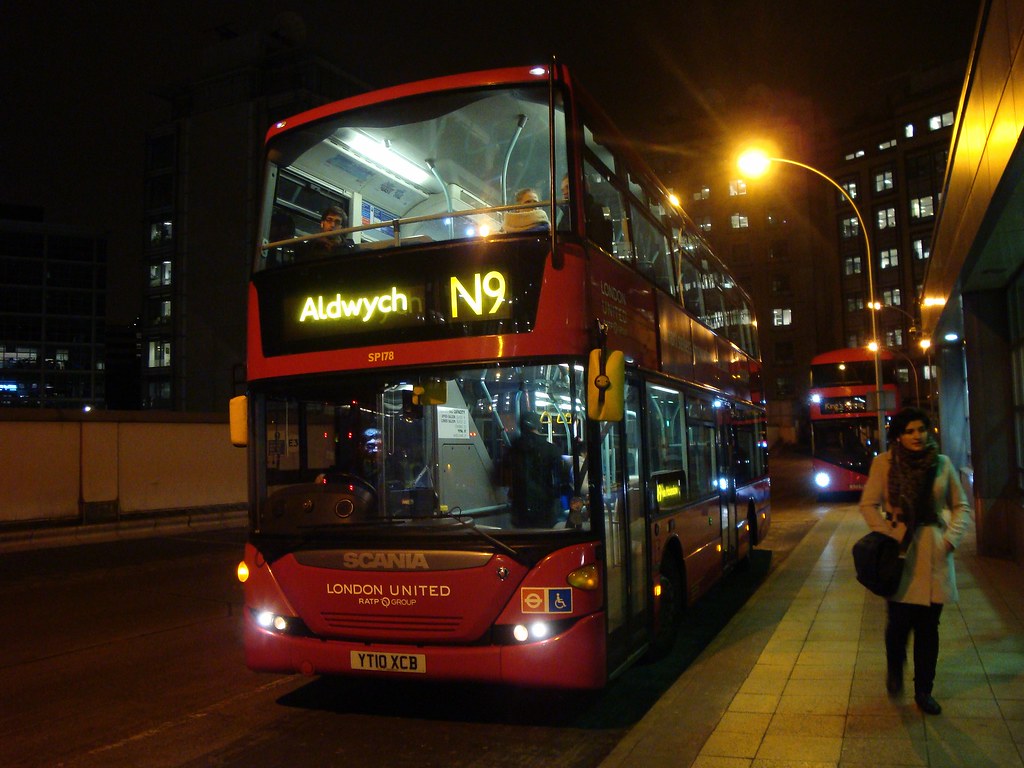Have you ever found yourself standing at a bus stop, tapping your foot impatiently, and muttering under your breath about the ‘always late’ bus? You’re not alone. This sentiment has become so widespread among passengers of Prince George’s County’s The Bus that it’s practically a bonding ritual. But what if I told you that this shared frustration might not be as justified as we think? After diligently tracking my last 101 trips on The Bus, I discovered something surprising: the bus was either on time or very close to it a whopping 86% of the time. That’s a stark contrast to the common narrative, isn’t it?
Transit agencies have a specific window that defines ‘on time’—between one minute before and up to five minutes after the scheduled time. According to this standard, The Bus met its mark 75.2% of the time across my monitored journeys. Out of these, 36 instances were spot-on, with the bus rolling in exactly as planned. On average, The Bus made its appearance about 3.4 minutes past the scheduled time, not the egregious delays we often lament about.
But why do our memories skew towards the negative? It turns out, the trips where the bus was significantly late—more than 10 minutes—are the ones that stick in our minds. Though these instances were relatively few (11 out of 101 trips), their impact on our perception of punctuality is disproportionately large. It’s an insightful example of how our experiences can be colored by the exceptions rather than the rule.

My meticulous tracking wasn’t just about proving a point; it was about understanding the nuances of using public transport for daily commutes. The findings highlighted a significant aspect—predictability. Knowing the duration of my wait and travel time allowed me to seamlessly integrate bus rides into my work schedule. On average, I spent around 10.8 minutes waiting and 29.2 minutes traveling, making my total commute just over 40 minutes. While not ideal, it’s manageable and, most importantly, consistent.
But what about the service itself? Despite occasional delays, The Bus is a lifeline in Prince George’s County, especially considering its non-urban setting and resource constraints. Its strengths lie not just in its reliability but also in the support structures in place. For instance, the dispatch number provided at all stops and the friendly, professional demeanor of bus operators significantly enhance the commuting experience.
Moreover, the narrative extends beyond simple on-time metrics. The debate over early vs. late buses brings into focus the importance of accessibility and convenience. While an early bus might seem like a boon, it’s a bane for passengers who arrive right on time, only to find their ride has already departed. On-time performance, therefore, isn’t just about sticking to a schedule; it’s about ensuring that public transit remains a viable option for the widest range of passengers possible.
In the greater scheme of things, the discussion about bus punctuality is part of a broader conversation about public transportation’s role in our daily lives. As cities evolve and public transit becomes even more crucial, understanding and improving these services is key. So, the next time you find yourself waiting a few extra minutes for your bus, remember: a bus arriving a tad late is a small price to pay for a service that strives to accommodate everyone. And who knows? That brief wait might just offer an unexpected moment of pause in our otherwise hectic lives.

Ah, the art of waiting for a bus that’s running behind schedule. It’s almost a rite of passage for daily commuters, especially those navigating the streets and bus lanes of Prince George’s County. While most of us might grumble and sigh at the sight of an empty bus stop when we arrive, I propose a different perspective: a late bus is, in many ways, a hidden blessing compared to its punctual or early counterparts. Let’s dive into the unexpected silver linings of buses arriving late rather than early.
The idea of a bus arriving late carries a significant advantage for those of us who tend to run on ‘just in time’ or ‘fashionably late’ schedules. In the hustle and bustle of morning routines, snagging those extra minutes can mean a world of difference. A late bus means you might just catch it rather than watching its taillights fade into the distance. It’s an adrenaline-packed moment that transforms an ordinary day into a small victory against the clock. This scenario is far more preferable to the alternative, where arriving even a minute late could mean missing an early bus and facing a lengthy wait for the next one.
And a bus that arrives late rather than early encourages a sense of community among waiting passengers. Have you ever noticed how shared experiences, especially those involving some level of inconvenience, tend to bring people together? Conversations ignite, people share stories, and there’s a collective spirit of camaraderie that emerges. This social interaction, though unplanned, adds a layer of human connection to our day that might otherwise be missing. It’s a reminder that we’re all in this together, navigating the ups and downs of public transit.
Let’s not forget the logistical advantage of a late bus for those who rely on public transportation as their primary means of getting to school or work. Consider the impact on students, for example. The nationwide shortage of bus drivers has led to frequent delays, with some students in New York City experiencing school bus arrivals that are on average 41 minutes late. While this is far from ideal, it’s an interesting point of comparison. A late arrival, in cases where the alternative might mean missing the bus entirely due to an early departure, ensures that students still have a way to reach their destination, albeit later than planned. This can be crucial in avoiding absences or tardiness that could negatively impact their education over time.

So, what’s the takeaway from all this? While no one enjoys the uncertainty of not knowing when their bus will arrive, there’s an argument to be made for the late bus being the lesser of two evils when compared to its early counterpart. The late bus, in its unpredictable glory, brings with it opportunities for connection, reflection, and even gratitude for the small things – like making it on board just in the nick of time.
In closing, the next time you find yourself checking your watch and sighing as the minutes tick by at the bus stop, consider the silver lining. That late bus doesn’t just carry passengers; it brings with it a bundle of hidden benefits that might just make your day a little brighter. So, let’s embrace the wait, share a smile with a fellow commuter, and remember that sometimes, a little delay isn’t just acceptable—it’s downright preferable.
Related posts:
The Ramifications of Late School Buses
Math explains why your bus is late—and could help fix it
4 in 10 Boston school buses were late for the first day of school




